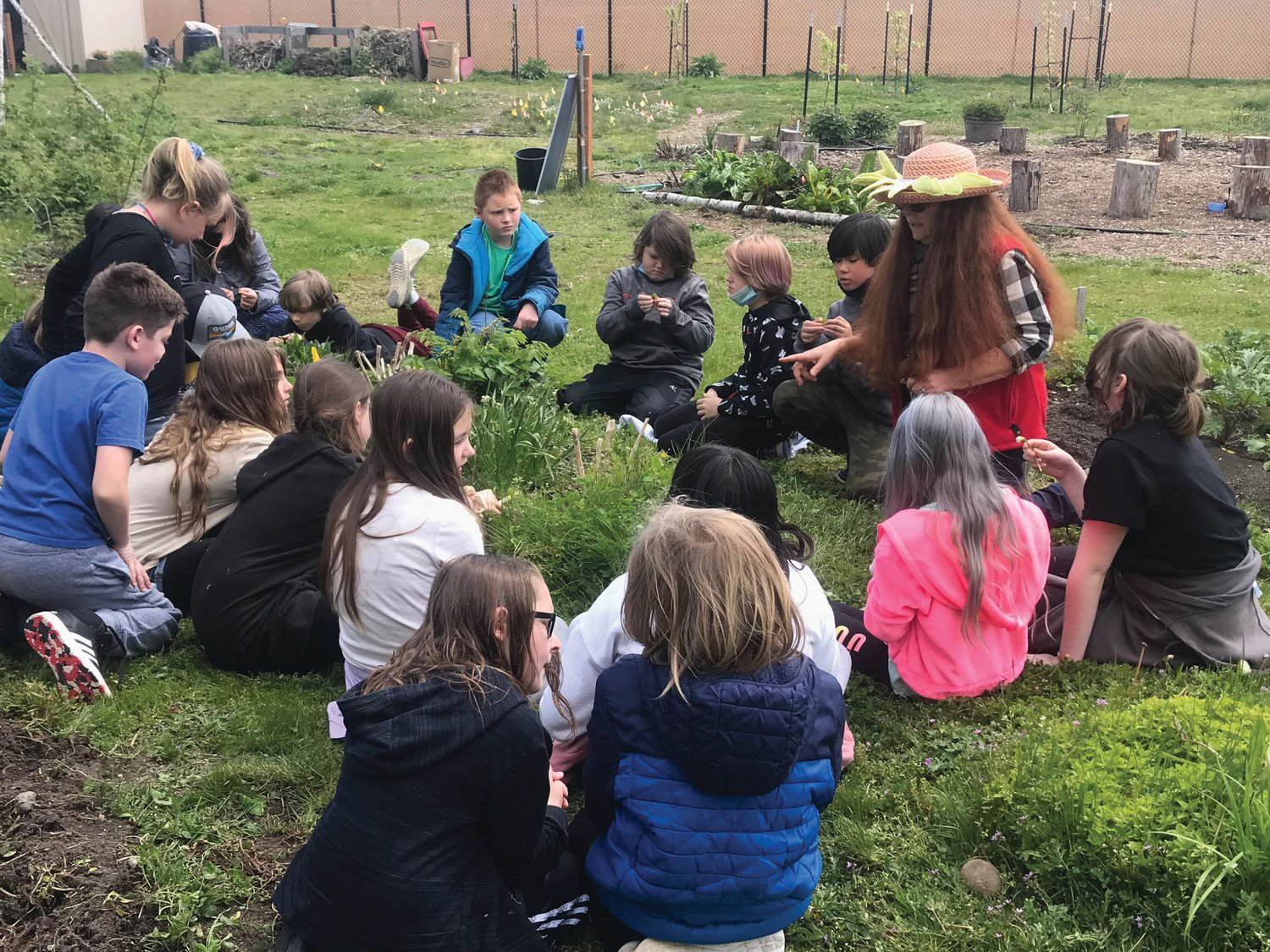The past year had its challenges and successes, according to Shelby Smith, board member of the Community Wellness Project.
“It was a good year …
This item is available in full to subscribers.
We have recently launched a new and improved website. To continue reading, you will need to either log into your subscriber account, or purchase a new subscription.
If you had an active account on our previous website, then you have an account here. Simply reset your password to regain access to your account.
If you did not have an account on our previous website, but are a current print subscriber, click here to set up your website account.
Otherwise, click here to view your options for subscribing.
* Having trouble? Call our circulation department at 360-385-2900, or email our support.
Please log in to continue |
|

The past year had its challenges and successes, according to Shelby Smith, board member of the Community Wellness Project.
“It was a good year overall,” Smith said. “We’re coming back from the two years of pandemic slowdown.”
The Community Wellness Project (CWP) began in 2007 to address health and nutrition issues in Jefferson County schools. Work has included creating and maintaining school gardens, helping school food service procure local organic food, and working with educators to enhance the curriculum with agriculture, nutrition, and culinary programs.
This year’s challenges have included supply chain disruption and inflation, causing the price of food to rise.
“Some of the biggest food suppliers have decided to not work with the schools,” Smith said. “That means we are having to find other sources for healthy food.”
Most of what is served in the public schools in Jefferson County comes from Food Services of America and commodities from the U.S. Department of Agriculture.
“The increases in food costs are really stressful,” she said.
Seasonal food is supplied from local farmers and from the school gardens. But increasing costs are also affecting those sources.
Another challenge has been staffing in the school food services department.
“It’s hard to cook from scratch with local (food) sources if you don’t have enough people in the kitchen,” she said. “We’ve had times when we only have two cooks when the normal is five. We don’t have the subs we need when cooks are out sick or on vacation.”
One reason for this is that some of the previous cooks decided not to return to work following the pandemic. They were burnt out. And Smith said school food services are “stretched thin.”
But despite those challenges, the program did have success.
“We are continuing to grow and add gardens,” Smith said.
That includes a production garden in the Port Townsend School District. Port Townsend, Chimacum, and Quilcene school districts participate in the program and have gardens that students care for.
“We have a strong garden program, and we are doing great garden education,” she said. “Elementary school students are in the garden once or twice a week.”
One thing the elementary students in the Chimacum district did was breed carrots.
“They created new varieties of carrots using the best qualities of existing carrots,” Smith said. “They created rainbow carrots that can be eaten fresh when the usual ones are better cooked.”
Another success was getting involved with the Chimacum High School culinary arts program. A grant allowed students to learn about careers in food service and build a food truck.
All three school districts got the chance to press apples.
“We made apple cider using local apples,” Smith said. “We borrowed the press and the students got to taste cider right in the garden.”
They made pico de gallo using fresh vegetables they grew. Students also grew greens and looked at which were more successful through harvesting, weighing, and tracking the yields.
“They shared the information with local farmers and gardeners,” she said. “So, they are now able to see which to grow in our climate.”
A future goal of the program is to find ways to “lower barriers for our schools to purchase locally grown food.”
Finding more local growers is part of that, as is more gleaning and donating food.
And the organization continues to look for grants and more funding for various programs.
“We are a very lean organization,” Smith said. “Any funding we get goes directly into programs.”
Volunteers teach the food education classes and help with the gardens, she said, and the program can always use more volunteers.
For more, email info@jccwp.org or check out Jefferson Community Wellness Project.